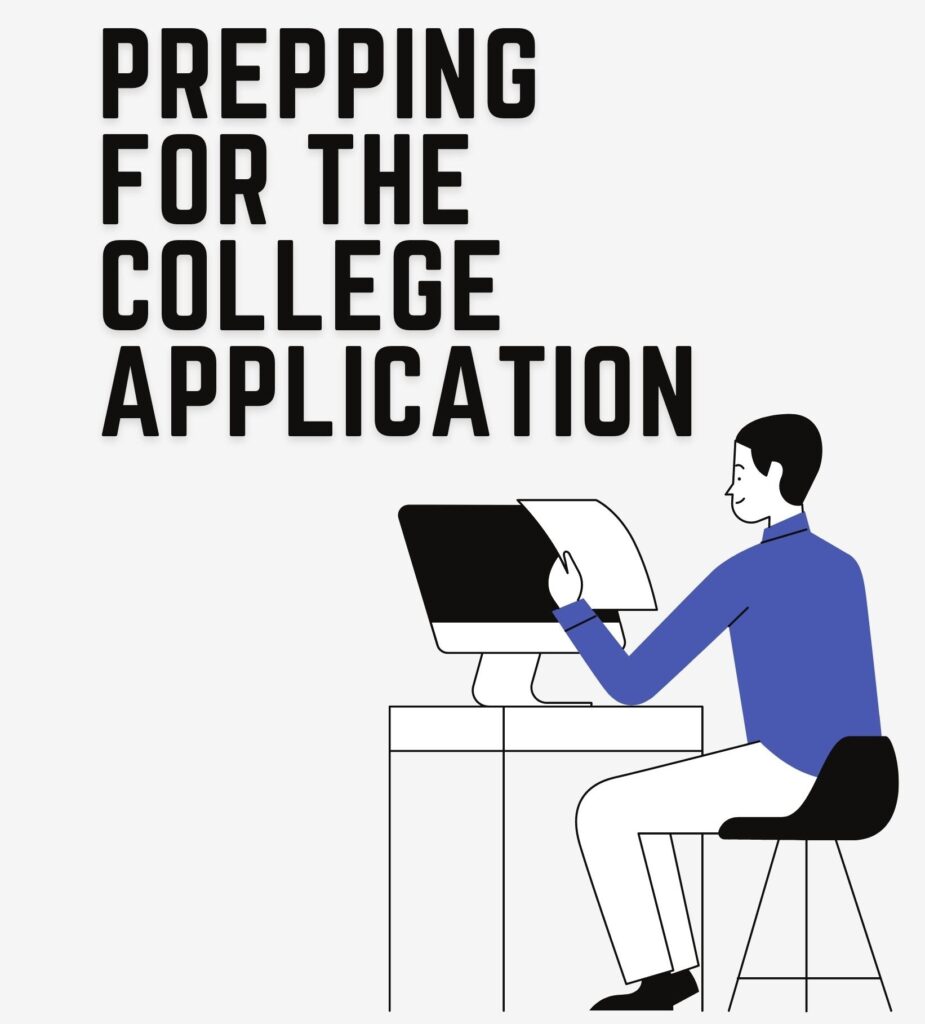
In recent years, more and more colleges and universities have offered orientation events specifically geared toward parents during the days or weeks before school starts. Attending such events may require taking time off from work, traveling and even paying for admission. With events ranging from “Meet the Dean” to model classes and seminars on “Letting Go,” parent orientations offer an in-depth understanding of today’s college experience that can’t be had from a distance.
Lori Domingo, whose student was heading to a military college, said, “If you have the chance to attend such an orientation, I would highly recommend doing so.”
Recognizing the importance of this transition time, here’s a list of dos for parent orientation:
Do attend
This may seem obvious but many parents feel it’s unnecessary or too costly to attend parent orientation. Thus far, the response to these programs has been overwhelmingly positive. Parent testimonials on the University of Colorado Boulder website called the orientation “informative,” “helpful,” and “phenomenal.” Parents who have attended these sessions comment they alleviated unnecessary stress while also giving them confidence that their children are in good hands.
Do ask questions
Parent orientation provides a wealth of information for parents, but you can get even more out of it if you prepare questions to ask the campus staff that you meet while there. Asking the right questions will help you gather information and ease your mind during the transition.
Here are are 5 questions I suggest you ask:
- What types of services does the health center provide?—You need to find out if your health insurance is accepted by them and what the process is for co-payments, filing a claim, etc.
- What type of emergency action is taken in the event of a school shooting or other dangerous action?—Most colleges have steps in place to contact students and parents when an emergency arises.
- What is the parental notification policy?—Ask how the college notifies you if your student is caught drinking or committing other serious offenses.
- Do you have a parent association?—If so, how many parents participate? Are they active on campus? What specifically does the group do?
- Who is the point of contact for parents?—Ask if there is a parent relations office and who do you call if you have questions or concerns.
Do stick to the school’s plan
There will be programming especially designed for parents that takes place while your student is attending their own orientation. There are things you will need to learn and tons of information to absorb. Use the time wisely, pay attention and stay focused.
Do take notes
You are going to be bombarded with mounds of information. Take notes during each of the sessions, especially related to information you want to discuss with your soon-to-be college student.
Do learn about college resources for parents
As mentioned above, ask questions while you are attending orientation. Specifically, what resources are available for parents and what specific events are provided to keep parents involved, i.e. Parents Weekend. Learn especially when and how you can communicate with the college if you have concerns about your student.
Here’s a list of don’ts for parent orientation:
Don’t supervise your child’s experience
The worst thing you can do is agonize and worry about your student’s orientation experience. It causes you to lose focus and robs you of having your own. If the college feels it’s important for your student to be on their own, respect that and keep your distance.
Don’t embarrass your student
When my daughter went to college orientation, I saw parents insisting on attending the student orientation with them. They complained that their student could not be trusted to come back with a report or remember what they were told. This is no way to start your student’s college experience.
Don’t waste the staff’s time
During the Q&A sessions listen to other parents’ questions and don’t ask them if they are answered. If you have a question that hasn’t been asked, this is the time to speak up. Otherwise, take notes and listen to the questions and the responses.
Don’t sit in the corner and be silent
This is your opportunity to get to know other parents, communicate with staff and faculty, and make some new friends. It’s a given that you will need parental support during the next four years. What better opportunity to make connections, exchange emails and phone numbers, and compare notes than at parent orientation?
Don’t fret and stress
Parent orientation is a college’s way of helping parents make the transition from high school parent to college parent. Their main focus is on helping parents let go, informing parents about resources available, and giving the parents a forum to ask questions. Enjoy the sessions and make the most of every opportunity to make positive connections. If you have a genuine concern, like student safety, for instance, you can ask questions to ease your mind.
Colleges recognize that parents are more involved in their student’s lives than ever before. One college, Brandeis University, has changed its stance from telling parents to detach to encouraging they stay involved. Andrew Flagel, senior vice president for students and enrollment at the college explains:
“The concept of keeping parents at arm’s length can become very unproductive,” Flagel said. “In an age of digital technology and social media, that process of parents and students communicating back and forth is very positive.”
“Parents feel like they are a part of what’s going on at campus. That’s not helicoptering, that’s just being proud of what their child is doing,” he added. “My advice is to keep being the kind of parent you most want to be.”
Priscilla Childress in University Parent’s Guide to Supporting your Student’s Freshman Year, encourages parents to attend:
I’m a strong advocate for attending parent orientation. At each of my daughter’s orientations I learned things I didn’t know, made new friends, and most importantly came away with a sense of calm. I wasn’t as anxious as I had been because I saw the school (rather than just touring it), met the key players, and discovered that the faculty, staff, and administration wanted to see my daughters succeed as much as I did.
Parent orientation should be on your to-do list this summer. It’s probably the most important task to complete before your student leaves for college in the fall. See it as an opportunity to help you relax, gather information, and see what your student will be doing in the fall.


 Summer is in full swing and families are enjoying the vacation time. But if you student is a college-bound senior, there are some to-dos you should think about over the summer and add them to your family fun time. The new school year will be here before you know it and senior year is a busy time for high school students. Everything you can accomplish over the summer will mean one less activity for senior year.
Summer is in full swing and families are enjoying the vacation time. But if you student is a college-bound senior, there are some to-dos you should think about over the summer and add them to your family fun time. The new school year will be here before you know it and senior year is a busy time for high school students. Everything you can accomplish over the summer will mean one less activity for senior year. You might not think the college application requires survival skills, but it does. It’s stressful and it’s no surprise the middle name of college-bound teens is “stress”. According to a recent survey, 76 percent of college-bound students say they are stressed. If you live with one, you’re stressed too; and not just you, but your family as well. Granted, there are plenty of reasons to be stressed. And plenty of reasons why it’s impossible to avoid feeling stress (try as you might). Surviving the college application requires tenacity on the parent’s part as well.
You might not think the college application requires survival skills, but it does. It’s stressful and it’s no surprise the middle name of college-bound teens is “stress”. According to a recent survey, 76 percent of college-bound students say they are stressed. If you live with one, you’re stressed too; and not just you, but your family as well. Granted, there are plenty of reasons to be stressed. And plenty of reasons why it’s impossible to avoid feeling stress (try as you might). Surviving the college application requires tenacity on the parent’s part as well. During our student’s senior year of high school we live in a bubble. All sights are set on one goal—getting into college. Students and parents focus on college selection, college applications, financial aid forms, and then we wait. We wait for the offers of admission to come pouring in and then we compare financial aid packages and help them pack their bags for college.
During our student’s senior year of high school we live in a bubble. All sights are set on one goal—getting into college. Students and parents focus on college selection, college applications, financial aid forms, and then we wait. We wait for the offers of admission to come pouring in and then we compare financial aid packages and help them pack their bags for college.





